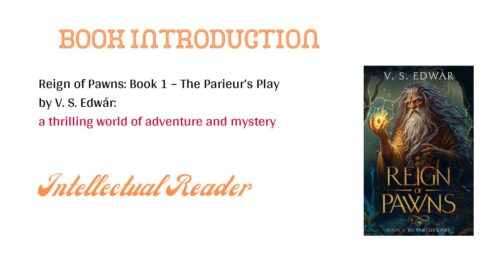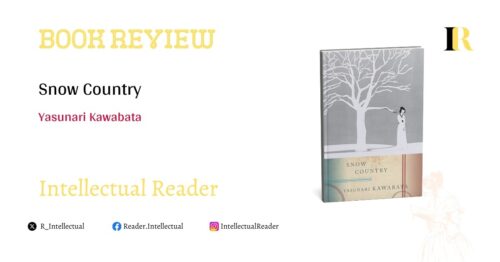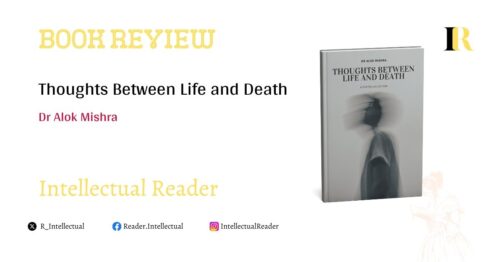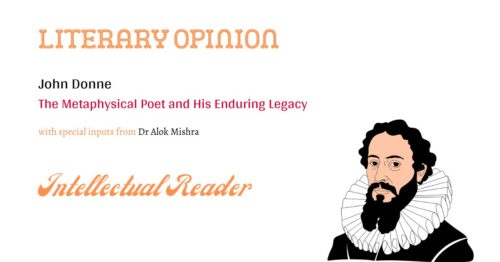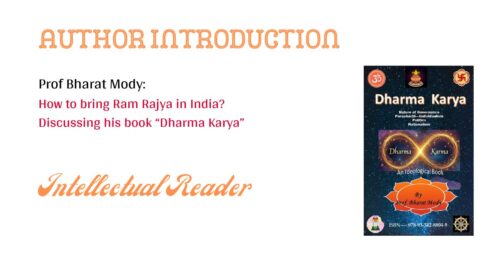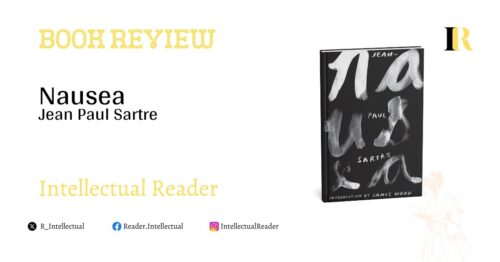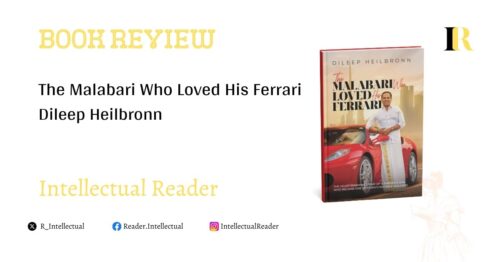Reading short stories has always felt to me like engaging in an intimate dialogue with cultures, histories, and inner lives that reveal themselves without excess explanation. The brevity of the form sharpens perception. It demands attentiveness and rewards it with moments of recognition that linger long after the final sentence. Over the years, as I… Continue reading
Reign of Pawns: Book 1 – The Parieur’s Play by V. S. Edwár – a thrilling world of adventure and mystery
There are novels that come into the world quietly, asking for attention, and there are novels that seem to generate their own gravity before release. Reign of Pawns belongs firmly to the second kind. As the mid-December launch approaches, conversations across reading communities are growing louder. A sense of excitement surrounds this debut work by… Continue reading
Snow Country by Yasunari Kawabata, a book review
Yasunari Kawabata’s Snow Country remains one of the most haunting works of modern Japanese literature, a novel where atmosphere, silence and emotional fragility shape an entire world. Not only has Japanese literature, but also translations into different languages, helped shape the narrative of global literature, particularly English Literature. It is a book that requires the… Continue reading
Thoughts Between Life and Death by Dr Alok Mishra, a detailed review of the poetry collection
In Thoughts Between Life and Death, Dr Alok Mishra presents a poetic collection that moves beyond mere personal expression into deeper meditations on existence, loss, renewal, art, and meaning. The title itself signals the liminal territory that the poems inhabit: not the calm of life nor the finality of death, but the space between—where questions… Continue reading
John Donne: The Metaphysical Poet and His Enduring Legacy
John Donne occupies a unique place in the history of English poetry, bridging the fervent spirituality of the seventeenth century and the intellectual complexity that would inspire generations of poets to come. His works, simultaneously devotional and sensuous, intellectual and emotional, display a mind ceaselessly engaged in reconciling contradictions of faith, love, and existence. As… Continue reading
How to Bring Ram Rajya? Understanding Prof Bharat Mody’s vision in his book Dharma Karya
Ancient Wisdom for a Sustainable World: Prof. Bharat M. Mody’s Vision in DHARMA KARYA In the twenty-first century, the discourse on sustainability has often been dominated by Western frameworks, including scientific climate models, international agreements, technological innovations, and economic reconfigurations. Yet within Bharat’s intellectual landscape, a growing body of thought seeks to anchor sustainability in… Continue reading
Nausea by Jean Paul Sartre, a detailed book review
Jean-Paul Sartre’s Nausea stands as a monument to existentialist thought, intricately woven into the form of a philosophical novel. First published in 1938, the work is both a narrative and a theoretical exposition, mapping Sartre’s meditations on existence, contingency, freedom, and meaninglessness. It is a difficult book, not merely because of its dense metaphysical concerns… Continue reading
The Case for Starting with Accessible Classics: How Small Beginnings Build Lifelong Reading Habits
The world of classic literature can feel like an imposing fortress to a newcomer. Towering novels like War and Peace or Ulysses loom large in the cultural imagination, their reputations as masterworks often accompanied by whispers of their difficulty. For many aspiring readers, the idea of tackling such books becomes a deterrent rather than an inspiration. This is… Continue reading
Rohinton Mistry – letters to India from abroad – how authentic is his diasporic vision of India? Has it stuck in the emergency era?
The question of whether diasporic writers like Rohinton Mistry possess a prejudiced or unclear view of India is complex and warrants careful examination. Writers who leave their homeland often carry with them a version of India frozen in time, which may evolve into a nostalgic or critical lens over time. This phenomenon is not unique… Continue reading
The Malabari Who Loved His Ferrari by Dileep Heilbronn – Book Review
The Malabari Who Loved His Ferrari by Dileep Heilbronn is a deeply engaging memoir that transcends the expected boundaries of the genre. It is neither a linear success story nor a mere catalogue of hardships overcome. Instead, it stands as a vivid recollection of a life shaped by will, values, culture, memories, and, above all,… Continue reading
